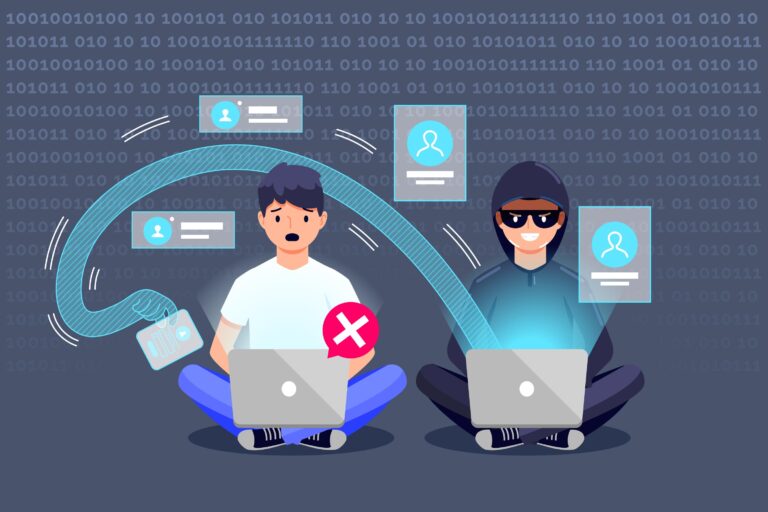Your Cyber Guideline for Protection
- Cyber Hygiene: Practicing good cyber hygiene is the first line of defense against Cyber Fraud. Regularly update your software, use strong, unique passwords, and enable multi-factor authentication to secure your accounts.
- Beware of Phishing Attempts: Phishing attacks often start with deceptive emails or messages. Be cautious when clicking on links or sharing personal information. Always verify the sender’s legitimacy. Be cautious when receiving unsolicited emails, especially those requesting personal information or containing suspicious links. Verify the sender’s legitimacy and avoid clicking on unfamiliar links or downloading attachments from unknown sources
- Educate Yourself: Stay informed about the latest cyber threats and fraud trends. Knowledge is your best defence. Follow reputable cybersecurity news sources and participate in awareness programs.
- Secure Your Devices: Protect your devices with up-to-date antivirus software and firewalls. Regularly back up your data to prevent data loss from ransomware attacks.
- Use Secure Networks: Avoid public Wi-Fi for sensitive activities. If necessary, use a VPN (Virtual Private Network) to encrypt your internet connection. Ensure your home or business Wi-Fi network is secure by using strong passwords and encryption. Regularly change your Wi-Fi passwords and consider hiding your network name (SSID) to make it less visible to potential hackers.
- Be Wary of Unsolicited Calls: Cybercriminals often pose as tech support or government officials over the phone. Don’t share personal information or grant remote access to your device unless you initiated the contact.
- Backup Your Data: Regularly back up your important data to an external drive or a secure cloud storage service. In case of a ransomware attack or data loss, having backups ensures you can recover your files without paying a ransom.

Cyber Helpline: Who to Contact for Help
Despite our best efforts, cyber incidents can still occur. In such cases, knowing where to turn for assistance is crucial. Here’s your Cyber Helpline:
- Local Law Enforcement: Report cybercrimes to your local police or cybercrime units. They can investigate and take appropriate legal action.
- Cybersecurity Experts: Reach out to cybersecurity professionals for guidance and assistance in mitigating the damage caused by cyber incidents.
- Identity Theft Helplines: If you suspect identity theft, contact identity theft helplines or organizations that specialize in identity theft resolution.
- Financial Institutions: In case of financial fraud, inform your bank or financial institution immediately. They can help secure your accounts and investigate unauthorized transactions.
- Government Agencies: Many countries have dedicated government agencies to handle cybercrime. In the United States, for instance, you can contact the Federal Trade Commission (FTC).
